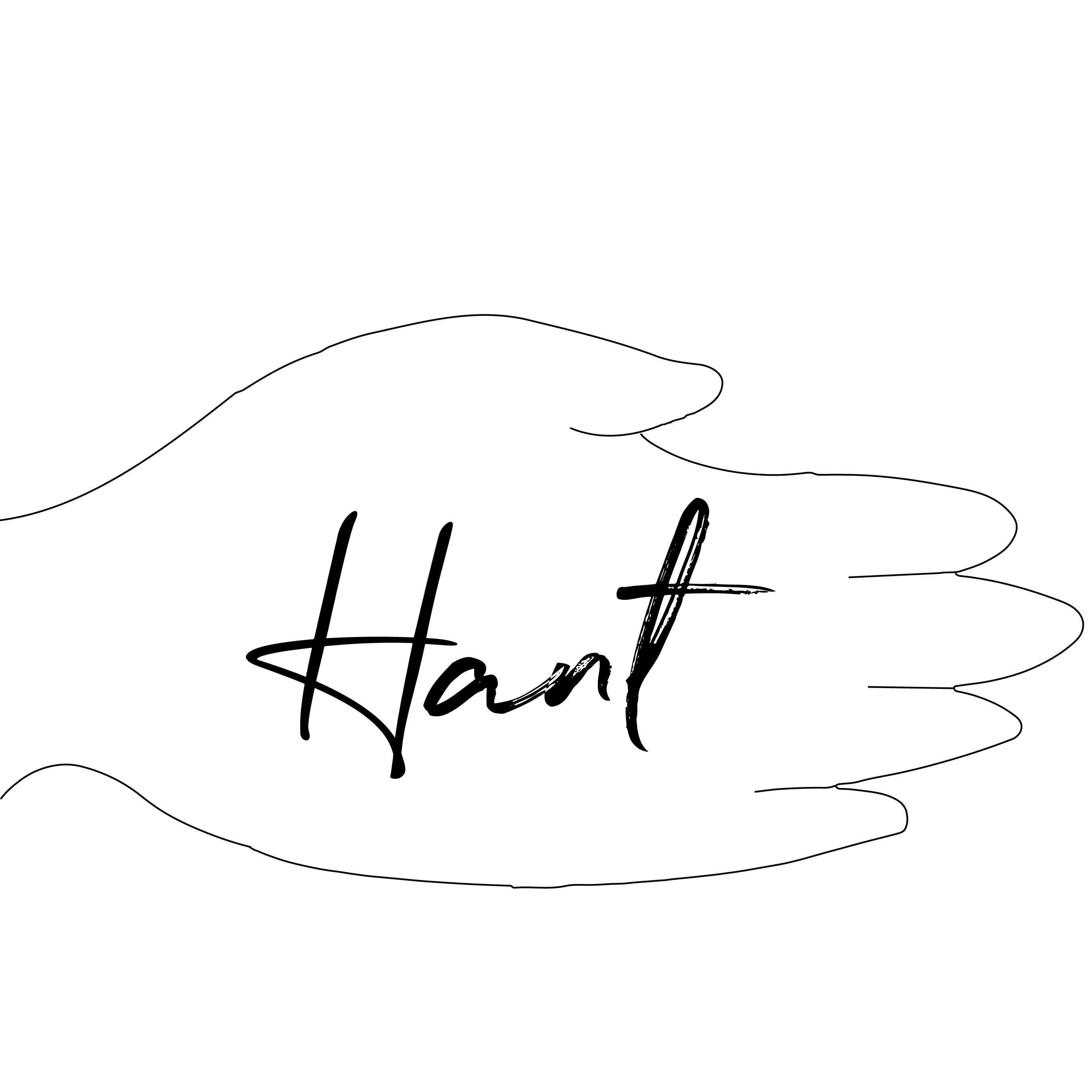Olive oil is a vegetable oil extracted from the flesh and pits of olives. Since the time of the ancient Greeks and Romans, this oil has been used in cooking, as skincare, and even for religious and medical purposes.
In modern kitchens, olive oil is indispensable. Not only because of the taste but also due to proven health benefits. Think of a lower risk of cardiovascular diseases, better cholesterol levels, and a powerful effect against inflammation in the body.
The benefits of olive oil:
-
Rich in monounsaturated fatty acids (such as omega 9)
-
Contains antioxidants such as vitamin E and polyphenols
-
Lowers bad cholesterol (LDL)
-
Improves the absorption of vitamins (A, D, E, and K)
-
Easily digestible, even for children
Olive oil is not just any oil. It is food with a function.
What exactly is extra virgin olive oil?
Extra virgin means: the first cold pressing of the olives, without adding heat or chemicals. The olives are pressed immediately after harvest, preserving all flavor, aroma, and nutrients optimally.
To be called extra virgin, olive oil must meet:
-
An acidity level of maximum 0.8%
-
A perfect taste: no defects, fruity, sometimes slightly bitter or peppery
-
Mechanical extraction without any chemical treatment
In short: it is the purest, most nutritious form of olive oil.
Why should you always choose extra virgin?
Not all olive oil is extra virgin. In the supermarket, you often just see "olive oil" on the label. What does that usually mean? That you get a blend of refined oil (processed with heat or chemicals) with a small amount of extra virgin to add some flavor.
That kind of oil is cheaper, but:
-
Contains far fewer antioxidants
-
Has a lower nutritional value
-
"Tastes flat and industrial"
-
"May contain traces of solvents"
"Extra virgin olive oil:"
"✔ More flavor"
"✔ More nutrients"
"✔ More health benefits"
"✔ 100% natural"
"For your body and your taste buds, extra virgin is simply the better choice."
"Why organic?"
"Organic olive oil involves no chemical pesticides or artificial fertilizers. The trees are naturally fertilized and diseases are treated with natural remedies such as compost, plant extracts, or predatory insects."
"That makes organic olive oil not only healthier for you, but also better for the environment and for the workers who handle it."
"Organic means:"
-
"No pesticides in your oil"
-
"Better for soil and bees"
-
"Less residue in your food"
-
"Strictly controlled supply chain"
"Especially if you use olive oil to drizzle raw over salads, vegetables, or bread, you want to be sure you are not ingesting junk. Organic is then not a luxury, but simply logical."
"Why 100% European origin?"
"Many olive oils in the supermarket carry the label:"
"Origin: blend of olive oils from EU and non-EU origin"
What that actually means: a mix of olives or oil from Europe, Africa, Asia, and sometimes even industrial bulk from South America. No transparency, no quality control, no idea what you're getting.
At HANT, we use only 100% European, Mediterranean organic olives. Our olive oil is produced in Italy, according to strict EU organic legislation and with respect for traditional methods passed down for generations.
Why no blended oil?
-
No quality loss from mixing
-
Better taste and aroma
-
Control over origin and production
-
Fair trade, short supply chain
This way you know exactly what you're eating, and who you're supporting with it.
Why choose olive oil from HANT?
At HANT, we make no compromises on quality. Our olive oil is:
-
Extra virgin
-
100% organic certified
-
Made from European olives
-
Not mixed with cheaper bulk
-
Mechanically pressed
-
Pure with a full flavor
Whether you want to feed your children healthily, support your own body, or just love truly delicious oil – this is the bottle you're looking for.
Order your bottle today
Are you ready to switch to pure, organic olive oil without any junk?



